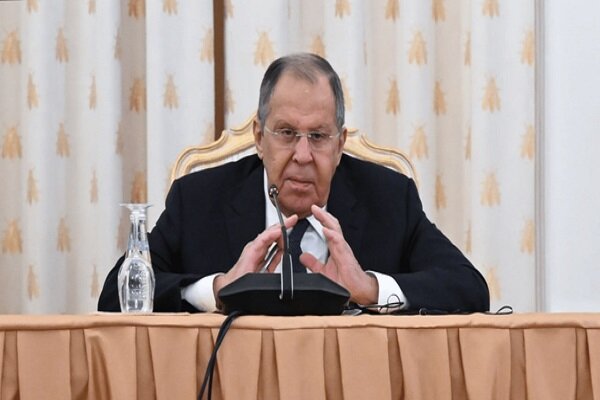Russian FM says no limits for military cooperation with Iran

TEHRAN – Russian Foreign Minister Sergey Lavrov says the sky is the limit when it comes to military and technical cooperation with Iran, adding Russia is currently meeting Iran’s needs.
The top diplomat made the comment when asked, at a press conference, whether Russia was supplying Iran with S-400 missile systems and Sukhoi Su-35 fighter jets.
Iran and Russia officially started to implement a 20-year comprehensive strategic partnership treaty nearly a month ago, signaling a significant step towards deepening bilateral ties between the two countries.
Under the treaty signed in January 2025, Russia and Iran are committed to helping each other counter common “security threats” and exchange intelligence in that direction. The agreement also stipulates that if either side is subjected to aggression, the other will not provide “assistance to the aggressor.”
On June 13, Israel launched a blatant and unprovoked act of aggression against Iran, triggering a 12-day war that killed at least 1,064 people in the country, including military commanders, nuclear scientists, and ordinary civilians. The United States also entered the war by bombing three Iranian nuclear sites in blatant violation of international law.
In response, the IRGC launched a meticulously calculated series of missile and drone strikes over twelve days. These targeted assaults, now known to have reached 22 distinct operational waves, dismantled key Israeli military, intelligence, and technological infrastructure—leading to a pressured halt in hostilities.
Iranian attacks struck several key targets in the occupied territories, including the Kirya often referred to as Israel’s “Pentagon,” Camp Moshe Dayan, a training and operations center for military intelligence officers, Tel Nof is one of the most fortified airbases in the occupied territories, Nevatim is Israel’s primary base for operating U.S.-made F-35 stealth fighters, Hatzerim, another vital air base as well as the Ovda airbase, which is a key Israeli military installation said to house command-and-control systems and electronic warfare capabilities.
Iran has announced, time and again, that it will give a crushing response to any military aggression or any move jeopardizing its national security.
During the Israeli attacks, Iran noticed certain shortcomings in its air defense systems and fleet of fighter jets. The country is likely to rely on its allies China and Russia to redress the shortcomings, possibly by purchasing military hardware to further modernize its defense might.
Israeli Prime Minister Benjamin Netanyahu reportedly requested last month that Russian President Vladimir Putin desist from selling potential new weaponry to Iran. Russia's envoy to Iran affirmed in an interview published Saturday that Moscow-Tehran relations remain impervious to external influence.
Leave a Comment